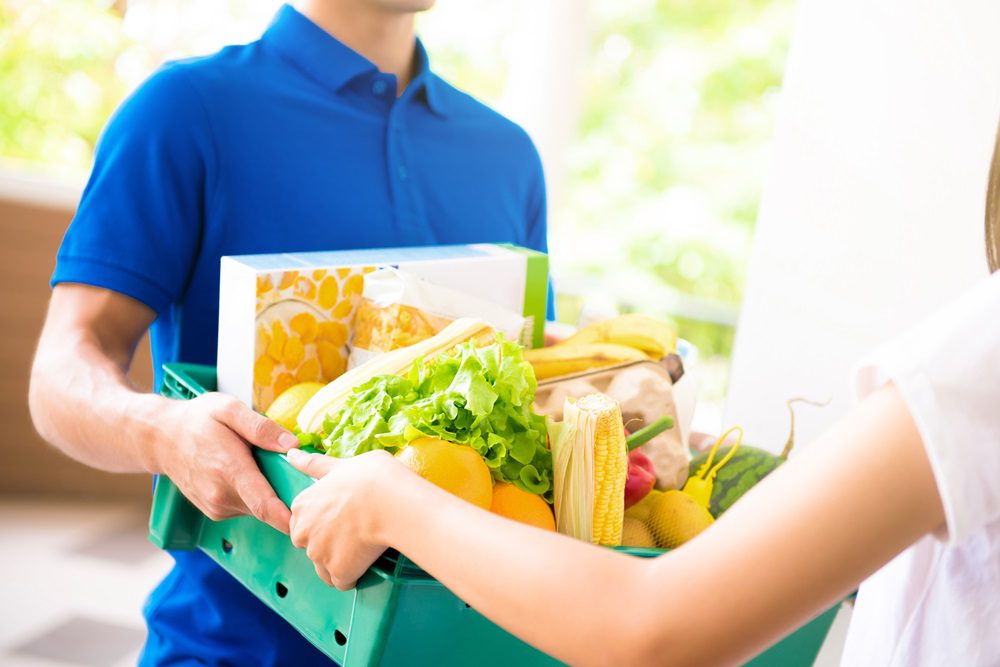Albertsons Sets 1.5 Billion Meal Goal; Instacart to Pilot Medically Tailored Groceries for Veterans

Through a combination of surplus food donations from its stores and funds raised by the Albertsons Foundation, the supermarket retailer has set a new goal of enabling 1.5 billion meals by 2030 as part of its Recipe for Change framework. Additionally, the Foundation’s Nourishing Neighbors program will invest $10 million annually to help break the cycle of hunger via initiatives including the Innovation Spark Fund program; the E.A.T. curriculum for middle and high school students; and a coalition created to tackle summer hunger.
“At Albertsons, we remain committed to fighting food insecurity in the communities we serve today while working to create lasting solutions to end hunger tomorrow, and forever,” said Jennifer Saenz, EVP of Pharmacy and Ecommerce for Albertsons and Board Chair for the Foundation in a statement. “The time for change is now as more than 44 million Americans, including 13.4 million children, face the challenge of food insecurity, and we must come together across communities to solve this hunger crisis.”
Instacart Partners with VA to Boost Veterans’ Health Via ‘Food as Medicine’ Program
One in six (16%) military and veteran families are vulnerable to food insecurity or hunger, according to the Military Family Advisory Network. To help address this problem and also improve these families’ nutritional health, Instacart has partnered with the Rockefeller Foundation, the U.S. Department of Veterans Affairs (VA) and Syracuse University on a pilot program that delivers medically tailored groceries for military veterans.
The year-long pilot will support rural, homebound, low-income veterans with limited food access in the Syracuse, N.Y. area. Instacart Health Fresh Funds, the company’s category-specific grocery stipend technology, will provide $100 per month to 250 veterans who will be able to receive monthly grocery deliveries tailored to their individual health needs. This initial test will focus on veterans with diabetes and hypertension, and Syracuse University will study the program’s impact on health, healthcare utilization, costs and participant satisfaction.
The ultimate goal is to generate data that could help shape other “food as medicine” programs across the VA healthcare system, helping more veterans gain access to the nutritious food they need to support health and wellbeing.
retailtouchpoints.com

